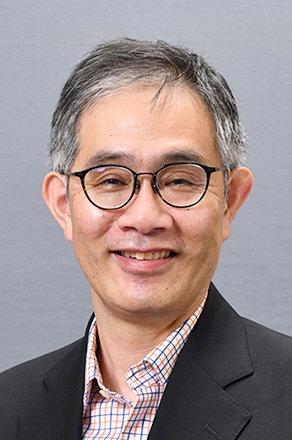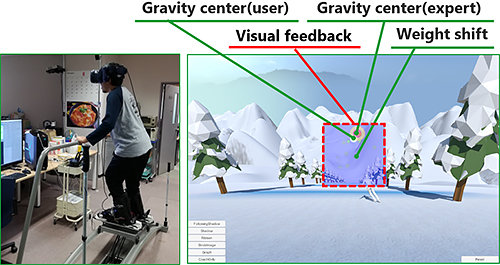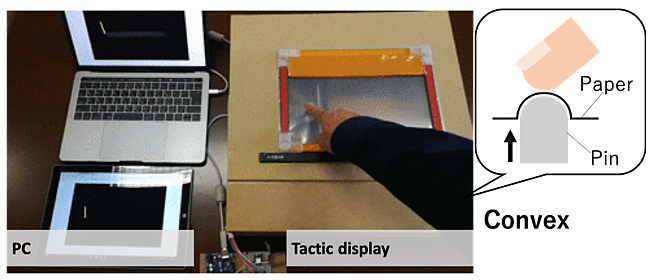
ICT R&D for next-generation human-centered computing which enriches human activities in everyday life
Behavior Change Support Technology Laboratory
Associate Professor:KANAI Hideaki
E-mail:
[Research areas]
CSCW, Human Computer Interaction, Healthcare, Assistive
[Keywords]
CSCW, Assistive technology, Pervasive Healthcare, Persuasive technology, Behavior changes
Skills and background we are looking for in prospective students
We value that you think for yourself and then act. We emphasize working with problem solving with curiosity. Do not have a prejudice against anything (Kuwazugirai in Japanese). It is important to think about “trying to eat anything” and try anyway.
What you can expect to learn in this laboratory
We will obtain ability to find problems yourself, and tackle them with curiosity. As a result, you can challenge something with mindset of “Do not have a prejudice against anything (Kuwazugirai in Japanese)”. With regard to expertise field knowledge, you can acquire hands-on learning methods such as learning and acquiring about unknown matters by themselves while advancing research. I hope that you are able to deal appropriately with new issues and encountering ones using those capabilities.
【Job category of graduates】 ICT Solution, Manufacture
Research outline

Fig. A supporting system for learning skills of Alpine Ski using AI and VR

Fig. A supporting system for collaborative drawing between persons with and without visually impaired
Kanai lab aims at establishing next-generation human-centered computing, which enriches human activities in everyday life.
Kanai Lab promotes research projects related with supports of human activities using ICT as follows:
1) Awareness/insight into information, objects and context in daily life:
e.g., Support of finding real object/information retrieval, nursing care for elderly and communication.
2) Enhanced improvement of individuals:
e.g., Development of behavior induction/ change technology for lifestyle modification and behavior improvement
3) Enhanced improvement of group / community:
Takafumi Higashi, Hideaki Kanai: Impact of Practice Effect on Each Difficulty of Cutting Skill, Proc.of ACM NordiCHI 2018,pp.904-909 (2018)
4) Design for diversity:
e.g., Design of toys for abilities and disabilities to play with(universal plaything)
Key publications
- Shigeharu Ono, Hideaki Kanai, Erwin Wu and Hideki Koike: A Real-time Distance Learning System for Alpine Skiing Using Virtual Reality, IEEE International Conference on Teaching, Assessment, and Learning for Engineering (TALE) 2023 (Accept), 8 pages, Nov 2023.
- Ziting GONG and Hideaki KANAI: Impact of Audience Presence on Pressure and Running Performance: The Potential of AR Presence, AHFE (2024),International Conference. AHFE Open Access, vol 159.
- Hideaki Kanai: An Information-Sharing System for Multiprofessional Collaboration in the Community-Based Integrated Healthcare System: A Case Study of Nomi City in Japan, Chapter 17th in Business innovation with new ICT in the Asia-Pacific: Case studies (Kosaka, M., Wu,J ., Xing, K., Zhang, S.Y. (Eds.), Springer (ISBN 978-981-15-7657-7) (Sept- 2020).
Equipment
1) Treadmil
2) Road bike and Roller
3) Sensor unit for healthcare
Teaching policy
In the laboratory, basically, we focus on proposals from students about setting research subjects. Students tackle problems as practitioners themselves. It is important things that "Thinking with your own head, acting on your own, and being able to take responsibility for the result", and "persevering with polite and stubborn towards goals". With a regard to seminar activity, we conduct a whole seminar once a week (research progress, reading of rounds and introduction of thesis), and we deeply discuss the research with individual seminars as appropriate.
[Website] URL:https://www.jaist.ac.jp/ks/labs/kanai-lab/